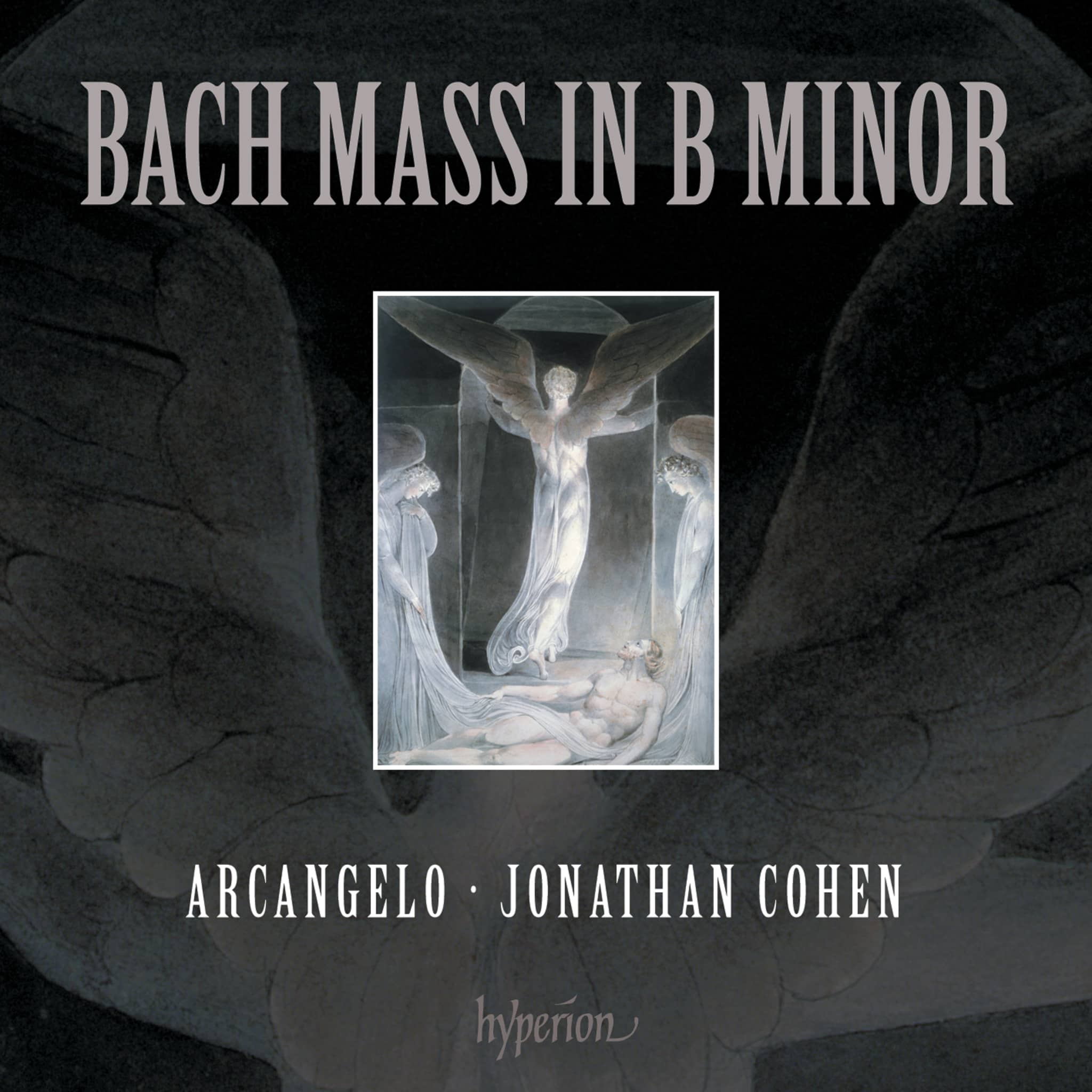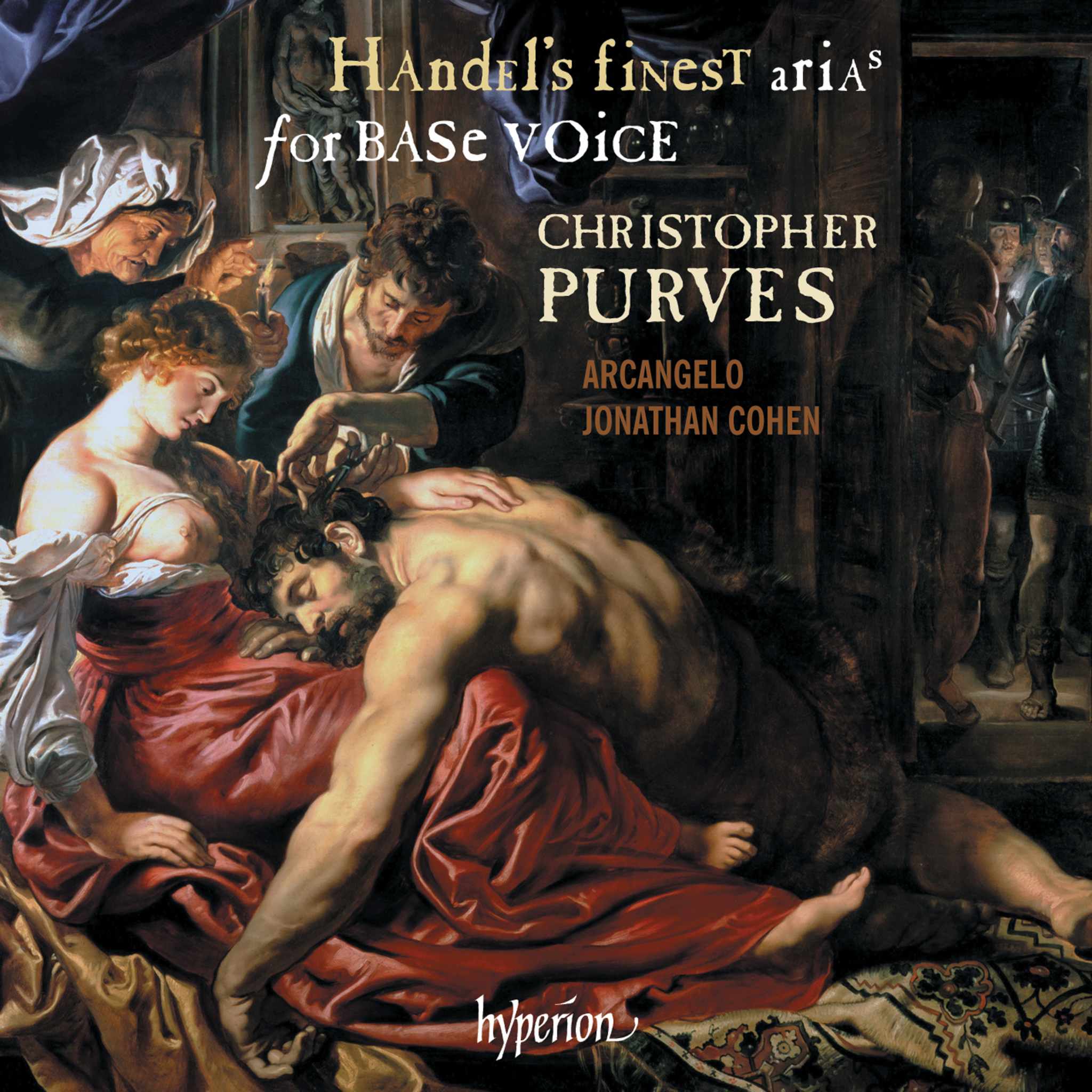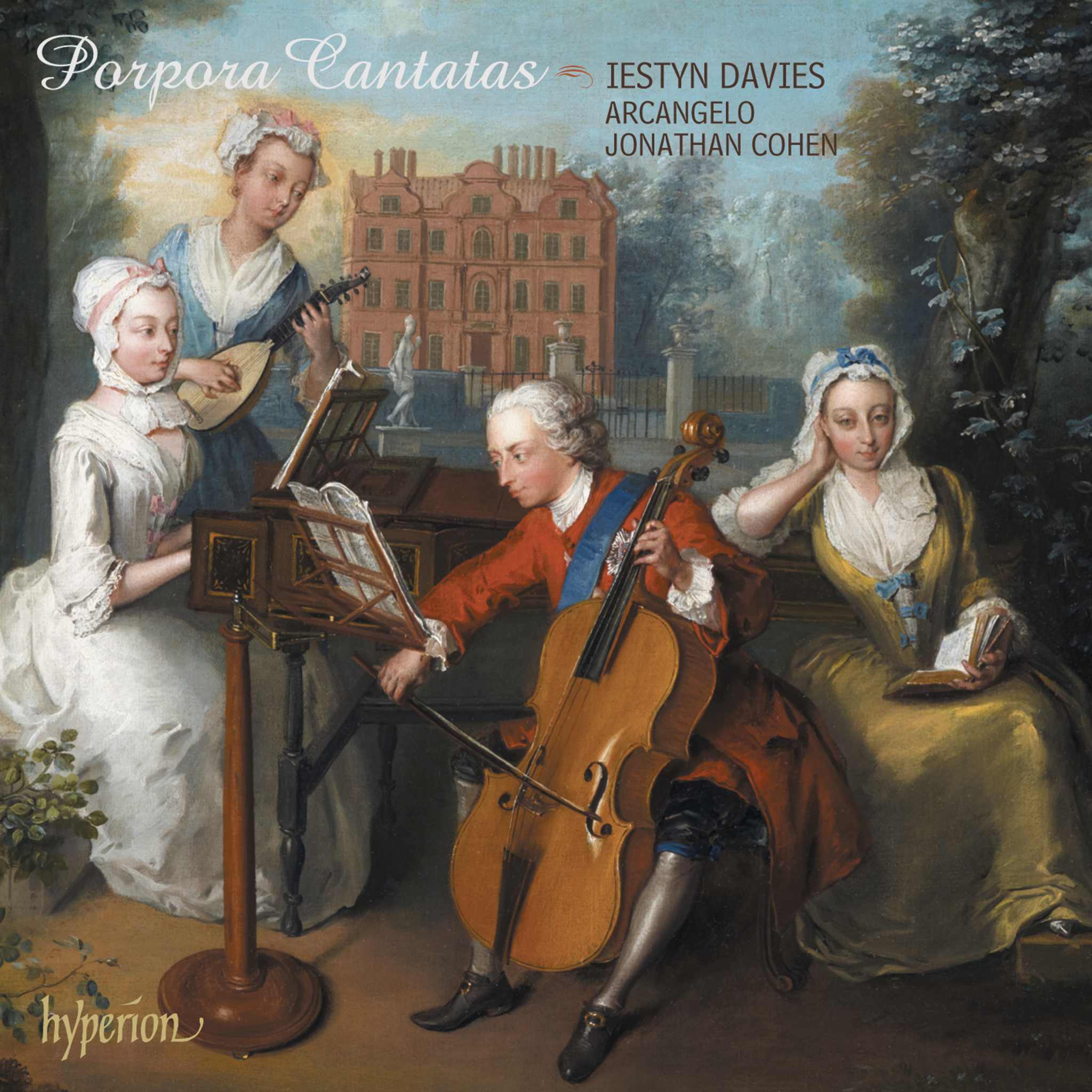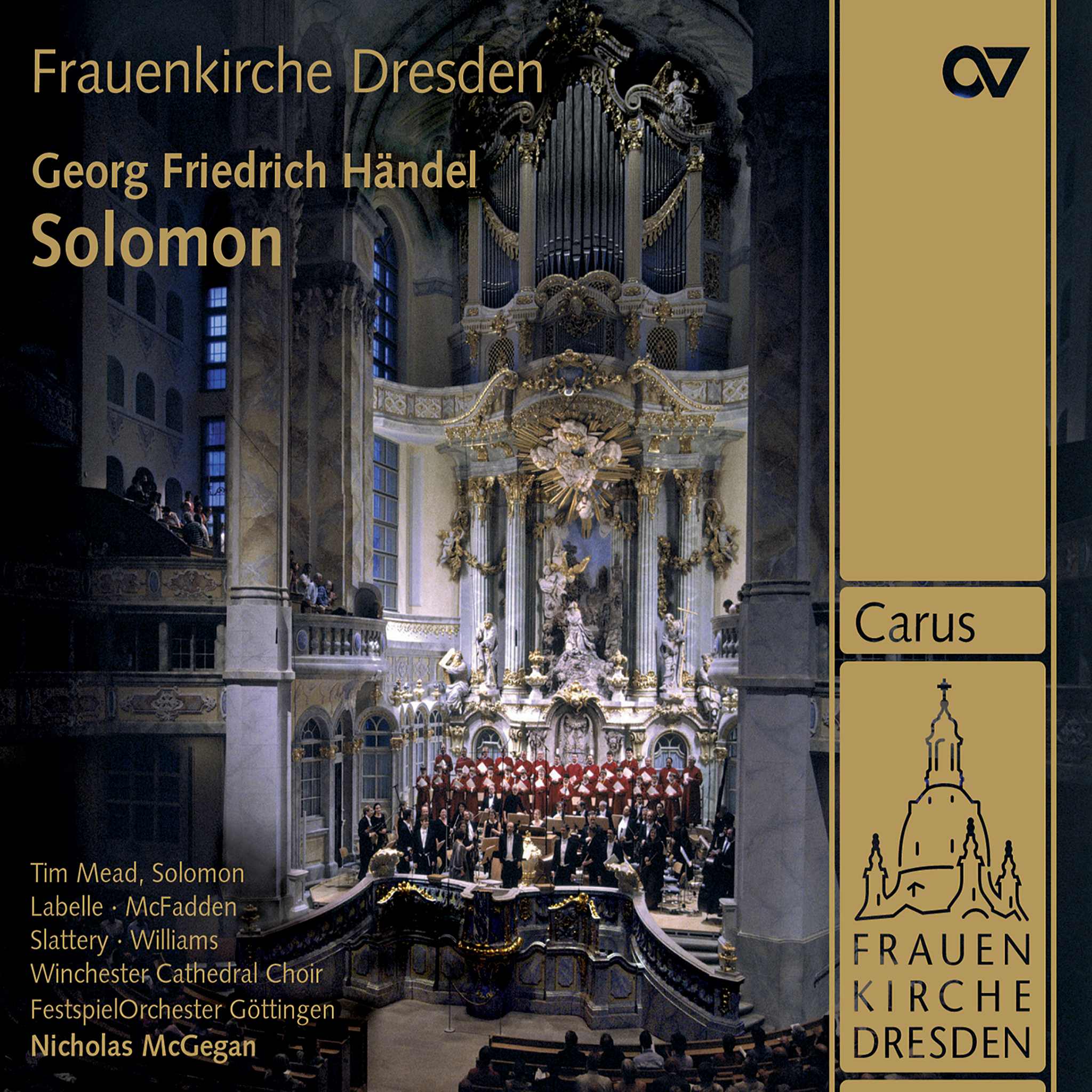Album insights
Louis Spohr's symphonies and overtures remained favorites in concert repertoire even after his reputation faded by the end of the 19th century. Spohr, a prominent figure in Germany, was a versatile talent as a composer, violinist, conductor, teacher, and organizer. Among his compositions are nine symphonies, with the tenth remaining unpublished until 1998. Spohr's Symphony No. 1 in E-flat Major, Op. 20, premiered in 1811, showcasing his unique mix of influences from past masters like Mozart and his own emerging romantic style.
Spohr, a violin virtuoso from a young age, quickly gained fame across Europe. His career milestones include serving as the music director in Gotha and leading Germany's first major music festival. The introduction of modern conducting techniques in England can be attributed to Spohr's innovative approach during his time in London. His Symphony No. 2 in D minor, Op. 49, composed for the London Philharmonic Society, showed Spohr's evolved style, moving away from direct influences towards a more individualistic approach.
Critically acclaimed and beloved by audiences, Spohr's early symphonies, especially his first and second, remained popular well into the 1870s in London. These works differed from his later, more romantic compositions, gaining a lasting appeal among listeners. Renowned for his groundbreaking musical contributions, Spohr's legacy endures through his pioneering orchestral works and innovative conducting techniques.









